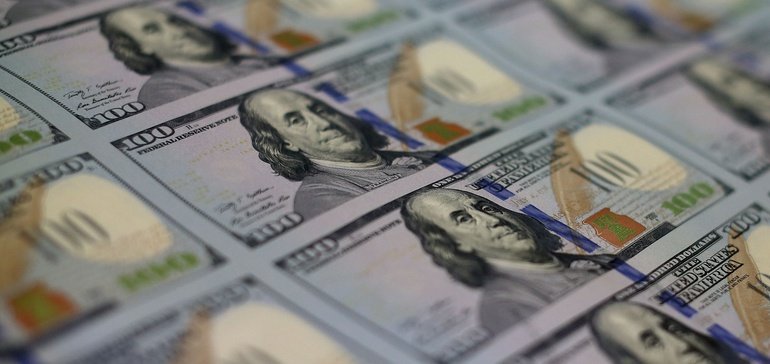Rising costs a top concern of food and beverage leaders, survey finds

Dive Brief:
- Rising commodity and other costs are the top external concern among food and beverage industry executives surveyed by tax, audit and advisory firm Mazars USA for its 2021 industry outlook. One-quarter of respondents, who included a mix of manufacturing, wholesale/distribution and restaurant executives, said they were “very concerned” by this factor, while delivery costs also ranked within the top three.
- In terms of internal concerns, the highest share of “very concerned” responses went to the need to increase sales (41%), increasing product/customer profitability (34%) and the effect of the pandemic (31%). Companies with fewer than 100 employees were 24 points more likely to consider themselves “very concerned” about the need to increase sales. One-fifth of businesses expected no sales growth at all in 2021.
- Pursuing growth in the waning months of the pandemic has challenged businesses to both ride the tailwinds generated by the health crisis — growing consumer interest in health and wellness, plant-based and functional foods — while shouldering the side effects of revived demand in the form of cost increases.
Dive Insight:
From food commodities to transportation, increasing costs have been the hallmark of the post-COVID-19 era. Prices for corn, soybeans and wheat recently hit their highest level in eight years, The Wall Street Journal reported, while oil is at a two-year high.
Many large food and beverage manufacturers have looked to pass along these higher costs to consumers in the form of price increases, with Coca-Cola, Unilever, Nestlé, Mondelēz International and General Mills as just a few taking this route.
For smaller food and beverage companies, this is not necessarily the easiest path to growth in the face of fierce competition from big CPGs. In the Mazars survey, only 30% said higher selling prices would be a factor behind growth in 2021. Roughly two-thirds of those polled have less than 100 employees. The most popular avenue: bringing on new customers, while about half were eying new products, boosting sales and entering new sales channels.
In the year ahead, businesses clearly expect health to be a growth driver for food and beverages. Trends such as plant-based, better-for-you, allergen/GMO/gluten-free and organic outranked snacking, sustainability, transparency and cannabis-infused products as having a positive impact on sales in the Mazars survey. This isn’t so surprising, considering the huge influence the COVID-19 pandemic has had on consumers’ interest in health and wellness. It’s one that food and beverage players clearly expect to last.
The 2021 survey marked the first time that Mazars polled businesses on COVID-19, and the pandemic ranked among the top three internal and external concerns for operators. The highest share of “very concerned” responses for external concerns went to the pandemic’s effects. Even employee recruitment and retention, which has been a struggle for CPGs in both the white collar and manufacturing ranks, ranked much lower. In fact, nearly four in 10 businesses expected growth simply from the easing of the pandemic.
Cybersecurity also ranked surprisingly low as a concern for businesses, with only 10% “very concerned” by the threat, up 0.6 points between 2019 and 2021. The food and beverage industry has been a popular target for hackers. Mondelēz was hit in 2019, while Molson Coors reported a cybersecurity incident in early March 2021 that knocked much of its operations offline. The survey, which was conducted from late February through April, happened shortly before news broke that meat processing giant JBS was hit by a massive cyber attack.
Regardless, the pandemic is clearly serving as a springboard for product innovation and future growth. More than 40% of survey participants expect to increase R&D spending in 2021, up from 31% in 2019. New product development also ranked as the top strategic response to the pandemic.
Source: fooddive.com

